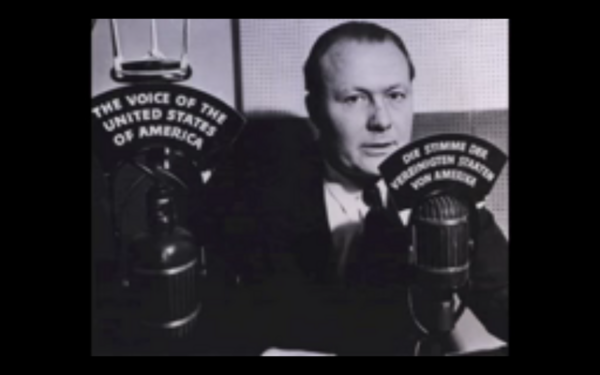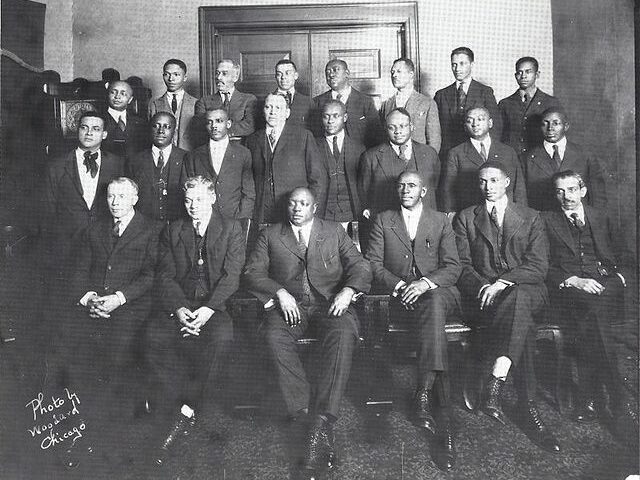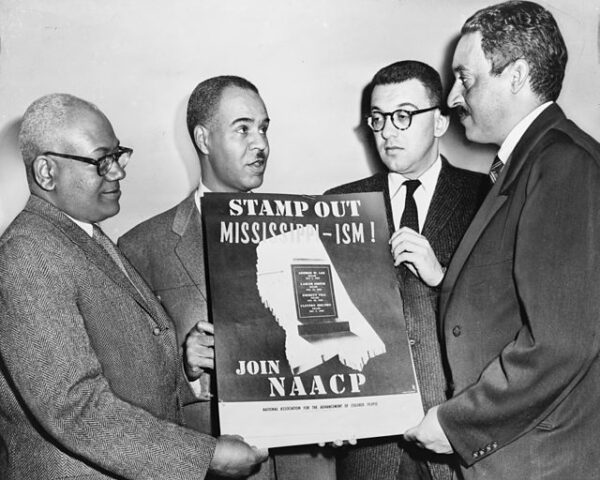As war raged across Europe, America knew it needed to find its “voice.” Amidst the throes of World War II, the United States government recognized the need for a propaganda tool to counteract the misinformation spread by Axis powers. Voice of America began its first broadcast on February 1, 1942, to provide accurate and unbiased news to audiences in countries where media was censored or controlled by the state. The initial transmission, in German, famously began with the words, “Here speaks a voice from America.” This set the tone for VOA’s mission to promote freedom and democracy by disseminating truthful news and information.
As the war concluded, VOA expanded its services, becoming a voice for American policies and a platform for cultural exchange during the Cold War. It played a pivotal role in the United States’ efforts to combat the spread of communism by broadcasting news and information behind the Iron Curtain to Eastern European audiences. VOA’s programming diversified, offering educational content, English language lessons, and discussions on American life and democracy. The broadcasts not only aimed to counteract Soviet propaganda but also to foster a sense of connection with the Western world among those living under repressive regimes.
The technological advancements of the 20th century propelled VOA into a new era of global broadcasting. With the advent of television and the internet, VOA adapted its content delivery methods to reach wider audiences. It launched its television service in 1990, providing a visual component to its news and cultural programming. The internet further revolutionized VOA’s outreach, enabling live streaming of broadcasts and facilitating interaction with audiences through social media platforms. These innovations ensured that VOA remained relevant and accessible, even as the media landscape underwent rapid changes.
VOA’s commitment to editorial independence has been tested throughout its history. Despite being funded by the U.S. government, VOA has strived to maintain its journalistic integrity, guided by the VOA Charter of 1976, which mandates accurate, objective, and comprehensive reporting. The charter, signed into law by President Gerald Ford, serves as a bulwark against political interference, ensuring that VOA’s content reflects the multifaceted views of the United States and the broader international community. This commitment to unbiased reporting has established VOA as a trusted source of news for millions around the world.
Today, VOA continues to evolve, reaching a global audience in more than 40 languages through various platforms. It confronts new challenges, such as the rise of digital misinformation and the need to navigate complex geopolitical landscapes. Nevertheless, VOA remains steadfast in its mission to support democratic values and human rights by providing a flow of reliable news and information. As it adapts to the 21st century’s demands, VOA’s history stands as a testament to the enduring power of free and truthful journalism in shaping and connecting the world.






